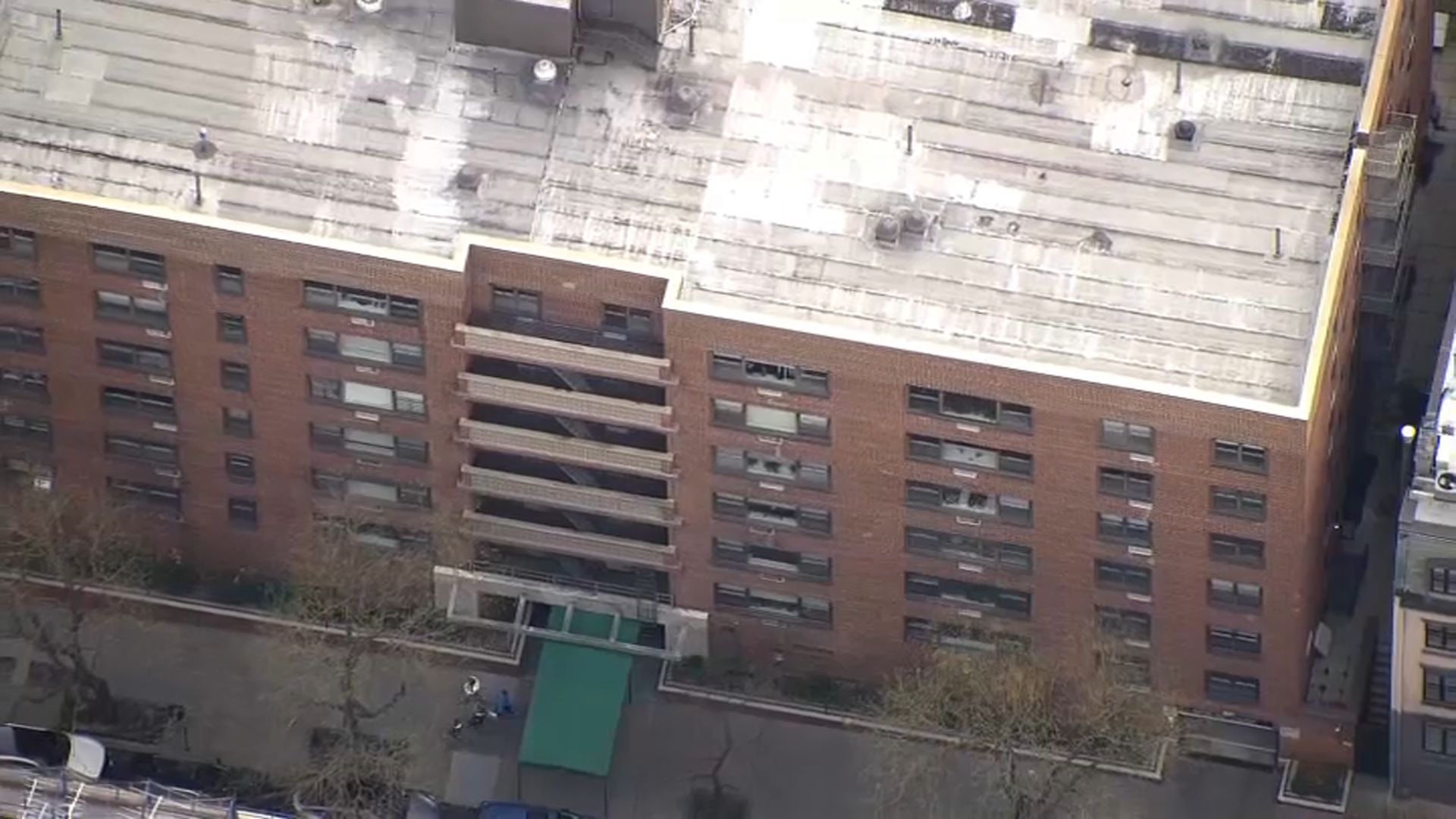U.S. health regulators on Tuesday OK'd the first coronavirus test that allows people to collect their own sample at home, a new approach that could help expand testing options in most states.
The test from LabCorp will initially only be available to health care workers and first responders under a doctor's orders. The sample will still have to be shipped for processing back to LabCorp, which operates diagnostic labs throughout the U.S.
Allowing people to self-swab at home would help reduce infection risks for front-line health care workers and help conserve protective gear.
For the home test, people are initially screened with an online questionnaire. If authorized by a physician, LabCorp will ship a testing kit to their home. The kit includes cotton swabs, a collection tube, an insulated pouch and box to ship the specimen back to LabCorp. To take a sample, a cotton swab is swirled in each nostril. The test results are posted online to a secure company website.
Get Tri-state area news delivered to your inbox.> Sign up for NBC New York's News Headlines newsletter.
The company said it will make the test available in the coming weeks. Each kit will cost $119. The kits will not be available in Maryland, New Jersey, New York and Rhode Island. Those states have laws prohibiting testing with at-home sample collection kits, according to LabCorp.
Initially, the Food and Drug Administration required health care workers wearing masks, gloves and other protective gear to collect all samples from potential coronavirus patients, usually by sticking a long swab down their nose or throat.
More recently, the FDA has endorsed the self-swab method. LabCorp's test is the first that allows it to be done at home without professional supervision.
Local
FDA Commissioner Stephen Hahn said in a statement the agency authorized the self-swab test based on data showing it is “as safe and accurate as sample collection at a doctor's office, hospital or other testing site.”
___
The Associated Press Health and Science Department receives support from the Howard Hughes Medical Institute’s Department of Science Education. The AP is solely responsible for all content.



